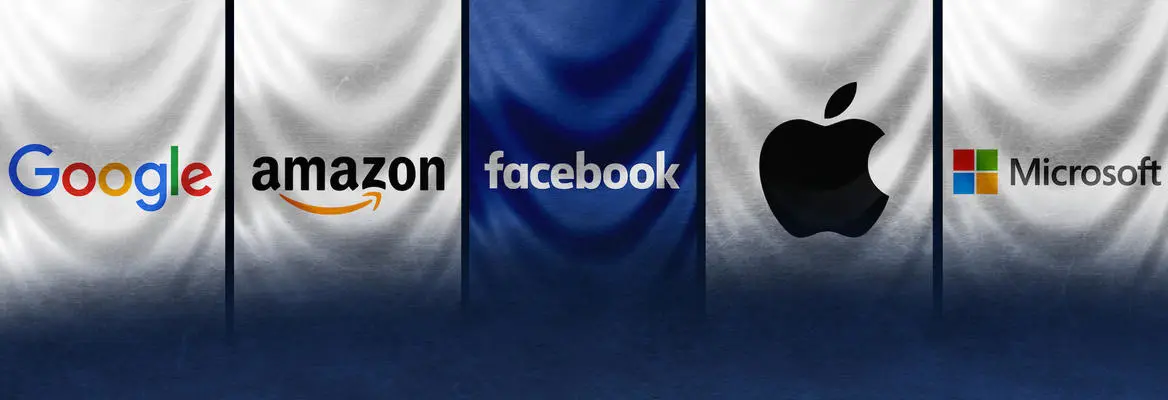Digital platforms create new marketplaces and prosperity on the Internet, but they are ruled by Silicon Valley despots with little or no accountability. Users and workers have become the hapless subjects of online economic empires. It is only through understanding digital platforms for what they are—institutions as powerful as the state—that we can begin the work of democratizing them, writes Vili Lehdonvirta.
“Is Microsoft a digital nation and does it have a secretary of state?,” asks an article in The Economist. “Apple is basically a small country now,” claims The Atlantic. “Who needs a government when you’ve got Amazon to keep things running,” quips a columnist in The Guardian.
 SUGGESTED READING
Could blockchain end big tech?
By Wessel Reijers
SUGGESTED READING
Could blockchain end big tech?
By Wessel Reijers
These are not just idle metaphors: The value of the goods traded on Amazon is now higher than most countries’ GDP. The amount of money that Amazon earns as a cut from its merchants’ incomes is far bigger than what most governments are able to raise as taxes. And if things go wrong and there’s a dispute between a buyer and seller, it’s Amazon who steps in to investigate, adjudicate, punish fraud, and provide restitution to victims. In almost every area of life and business—from shopping to job hunting, entertainment to information seeking, social networking to dating—tech giants now function as a kind of digital government that sets the rules that we must follow.
___
Our digital leaders enjoy immense power without a commensurate level of accountability.
___
But not all is well in our new virtual “states”. Our digital leaders enjoy immense power without a commensurate level of accountability. And they are frequently discovered abusing that power. As soon as Amazon became big enough, no book publisher could afford to be off it. Founder Jeff Bezos instructed his managers to start preying on the publishers like a cheetah pursues a sickly gazelle. If a publisher tried to resist, then the platform would simply stop recommending its books and direct customers to competitors’ offerings instead. Publishers had no choice but to let Amazon “tax” away their profits.
Or consider Apple, the first trillion-dollar company in history. For many years, the most popular music app in Apple App store was called Spotify. It showed up first in search results for music. Then one day, Apple launched its own music app, and suddenly Spotify fell in search results—not to the second place, not to the third place, but to the 23rd place—even behind apps that had nothing to do with music. Apple had used its government-like power over the global app economy to bend the rules and disappear a competitor.
What is to be done? According to economic theory, if a firm mistreats its customers or suppliers, then they should vote with their feet and switch to a competitor. Insofar as this is not happening, it suggests that competition has somehow broken down and should be restored through regulation. Competition experts on both sides of the Atlantic are busily debating how to update industrial-era competition regulations for the platform era.
___
As we search for ways to make Big Tech accountable to humanity, what if we took more seriously the idea of tech giants as governments?
___





















Join the conversation